Search News is My Business

U.S. District Court Judge Laura Taylor Swain approved the contract between the Puerto Rico Electric Power Authority and LUMA Energy, determining it can be considered as an administrative expense for the power utility. The decision followed section 503 of the U.S. Bankruptcy Code, under which PREPA is covered. LUMA will charge PREPA some $60 million […]
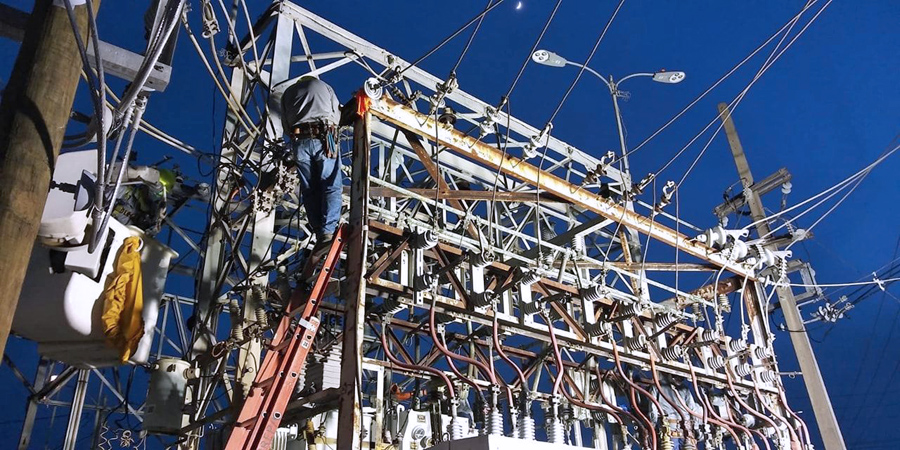
A major contract signed with the LUMA Energy consortium may prevent Puerto Rico from building a safe, reliable and resilient electrical system, according to a new report from the Institute for Energy Economics and Financial Analysis (IEEFA). The deal to operate the island’s grid came in the wake of a series of devastating 2017 hurricanes and amounts […]

Infrastructure is at the top of our minds year-round in Puerto Rico. We’ve witnessed how failures in our infrastructure impacted our public health and safety after Hurricanes María and Irma tore through our hometowns in 2017. In this decade alone, we’ve experienced multiple infrastructure-related crises produced by extreme drought, poor drinking water/reservoir management, solid waste/landfill […]
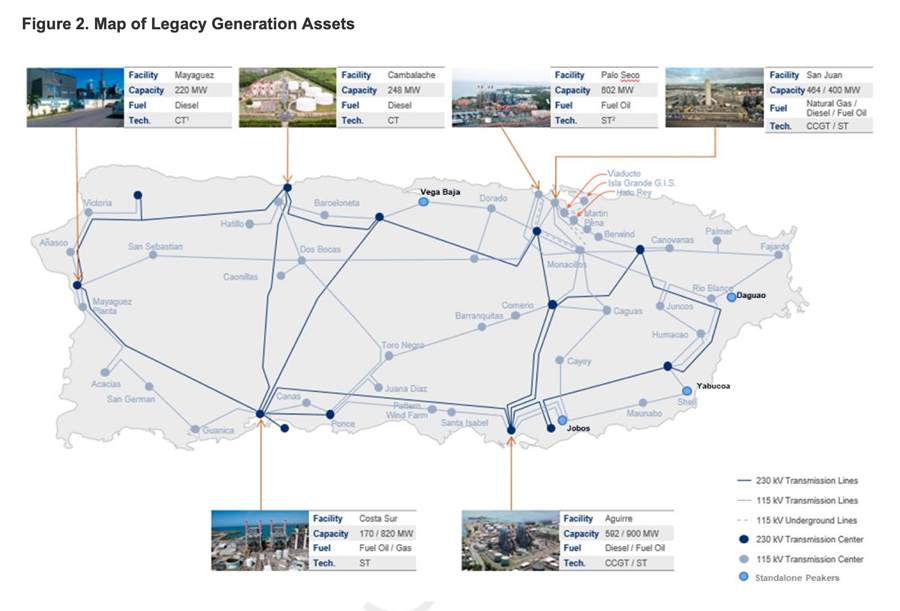
The Puerto Rico Public-Private Partnership Authority, together with the Puerto Rico Electric Power Authority, issued a Request for Qualifications seeking companies interested in managing, operating, maintaining and decommissioning one or more of the utility’s base-load generation plants and gas turbine peaking plants across the island. This is the second P3 agreement that the government is […]
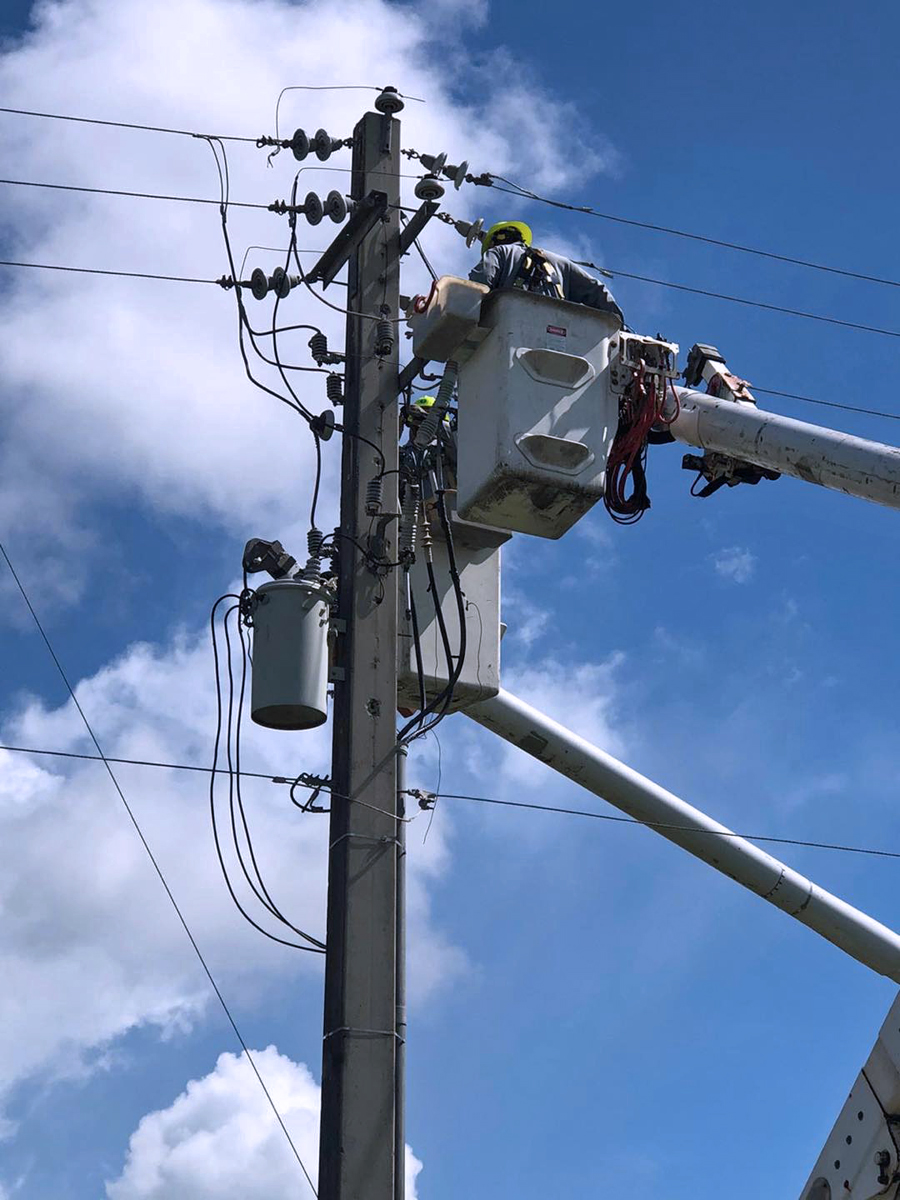
In testimony submitted to the U.S. House Committee on Natural Resources, Institute for Energy Economics and Financial Analysis (IEEFA)’s Director of Finance Tom Sanzillo warned of “significant problems” with a recent agreement for LUMA Energy to take over transmission and distribution (T&D) of Puerto Rico’s electric power grid. The agreement that the government announced in June […]

The Puerto Rico Public Private Partnerships Authority announced that LUMA Energy, LLC — a consortium comprised by Canadian firm ATCO Ltd. (ATCO) and U.S.-based Fortune 500 firm Quanta Services Inc. — has been selected to operate, maintain and modernize the Puerto Rico Electric Power Authority’s electricity transmission and distribution for 15 years. The announcement follows […]

Puerto Rico is overhauling its electrical power system: evaluating its integrated resource plan (IRP), approving wheeling regulations, acquiring a concessionaire for transmission and distribution, and setting up private management of power generation plants, among other measures that will affect the island’s electrical system for years to come. Unfortunately, a scattershot approach is being taken to […]

The debt restructuring agreement reached between the Puerto Rico Electric Power Authority (PREPA) and its creditors, which is currently pending before a bankruptcy judge, will force utility customers to pay “largely unspecified, apparently unlimited, and wholly unchecked professional fees and expenses.” That is the finding of an independent fee examiner hired by the bankruptcy court […]
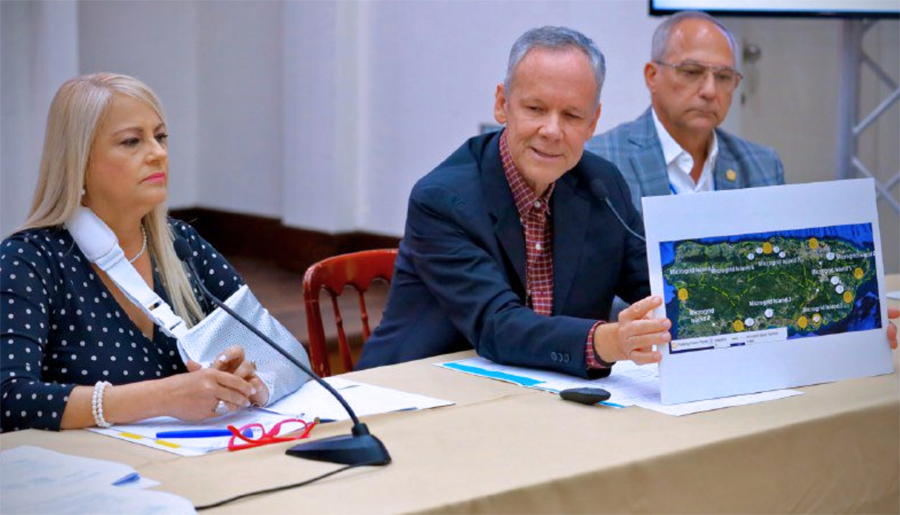
Gov. Wanda Vázquez announced details of “Puerto Rico’s Electrical Grid Modernization Plan,” a $20.3 billion effort to strengthen, modernize and transform Puerto Rico’s power grid using industry best practices and accepted codes and standards. The GridMod Plan was developed in coordination with federal and local government agencies, as well as private sector partners. The plan […]
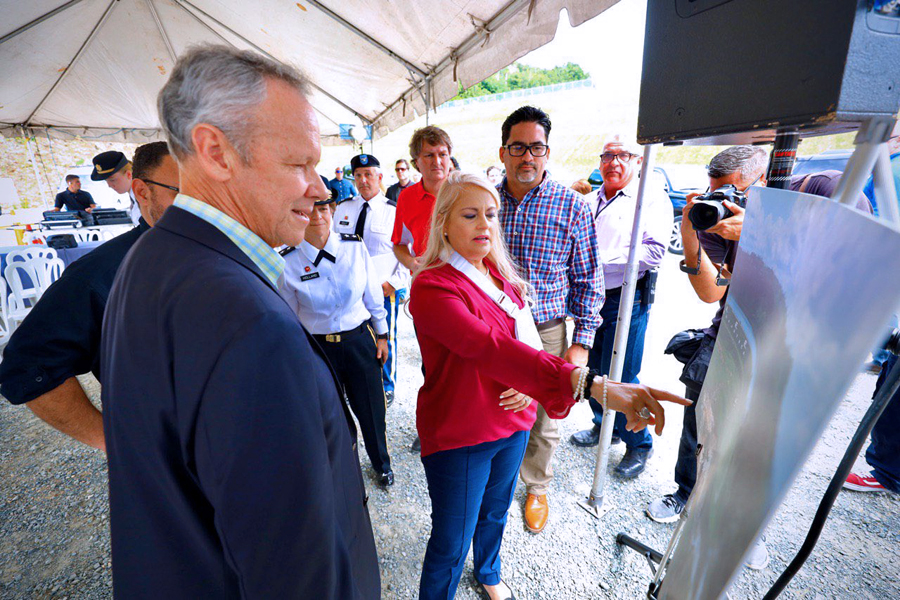
Representatives from the U.S. Corps of Engineers officially handed back a repaired Guajataca dam to the Puerto Rico Electric Power Authority, after completing work at a cost of $50 million from the Federal Emergency Management Agency. After the impact of Hurricane María in 2017, the reservoir — which is operated by PREPA — suffered serious […]

The Puerto Rico Electric Power Authority will to provide CAMBIO and the Institute for Energy Economics and Financial Analysis complete access to its electrical system data, the nonprofits announced. The organizations had requested the information to carry out a modeling study based on distributed renewable energy sources. Because the data contains confidential information on critical […]
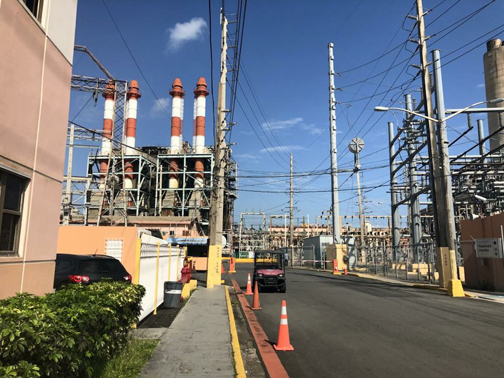
In a letter to federal inspectors general, IEEFA director of finance Tom Sanzillo and energy analyst Cathy Kunkel urged increased scrutiny of any contracting involving the Puerto Rican government. The analysts warned that the latest scandals involving Puerto Rican officials raise serious questions about the legality and propriety of contracts relying on federal funds, in […]
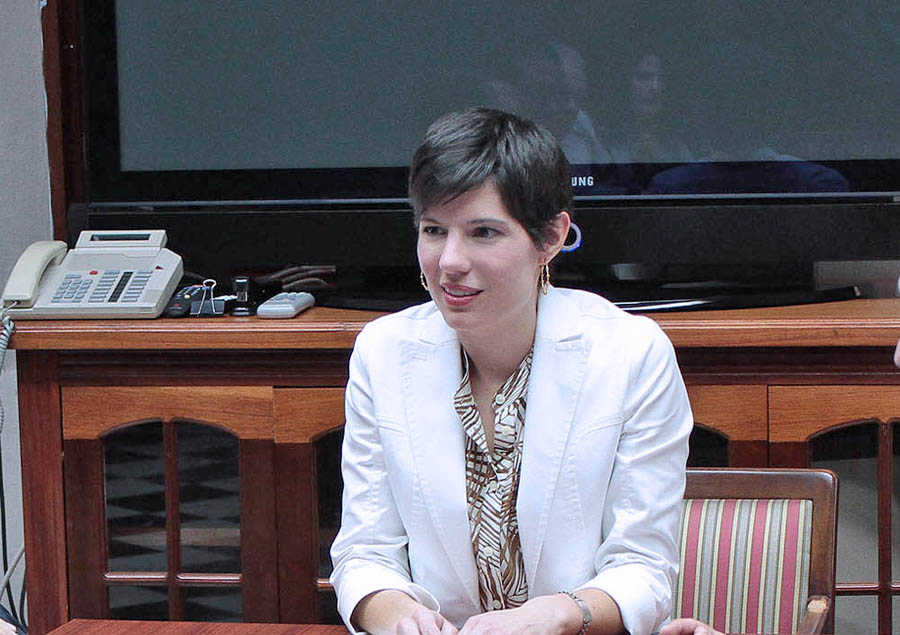
CAMBIO, a local nonprofit, and the Institute for Energy Economics and Financial Analysis (IEEFA) expressed their dissatisfaction at the San Juan Superior Court about the limited amount of public information they have received from the Puerto Rico Electric Power Authority. In response, Judge Anthony Cuevas-Ramos, who is presiding over the case has summoned the parties […]
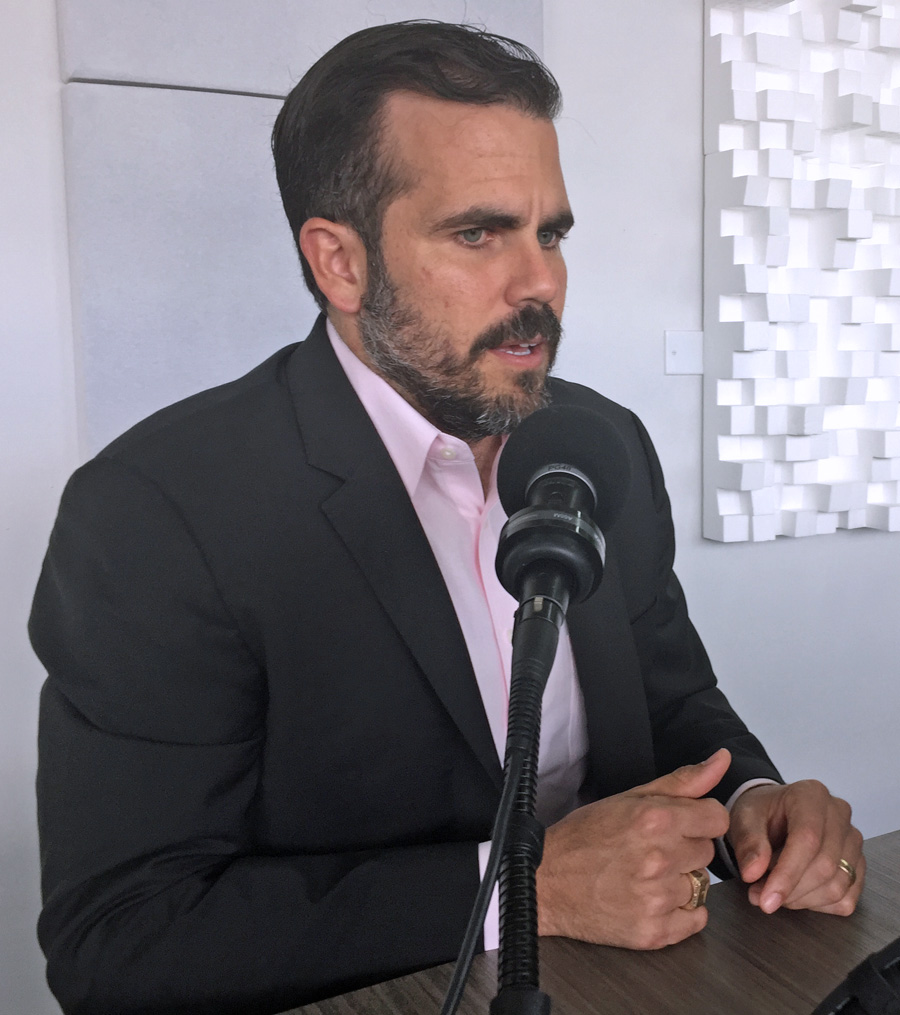
Campaign contributions from law firms to elected officials who issue bonds and appoint lawyers and underwriters — often known as a “pay to play” system — are poison. (Perhaps the best work on this subject is a seminal speech by Arthur Levitt, former chair of the Securities and Exchange Commission, in 1997.) A campaign fundraiser for Puerto […]
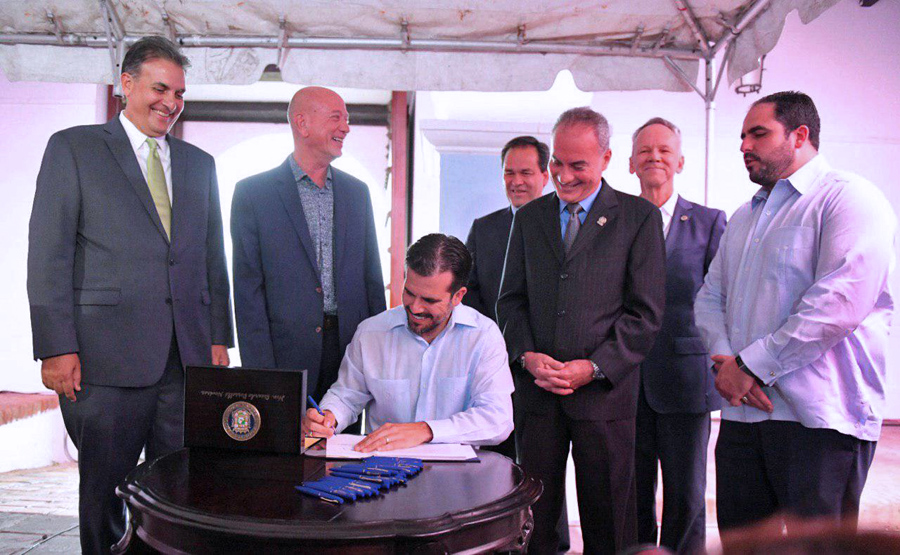
Governor Ricardo Rosselló signed the law that will establish Puerto Rico’s public energy policy moving forward, which requires the progressive elimination of the use of fossil fuels as a source of power generation. To this end, the Public Energy Policy Law establishes a new timeline for the implementation of renewable energy on the island: the elimination of 20 percent of […]
QUOTE OF THE WEEK:
“Puerto Rican entrepreneurs continue to demonstrate resilience and a willingness to keep investing and generating jobs.”
— Margaret Ramírez-Báez, president, Puerto Rico Chamber of Commerce
More about News is my Business
- Advertising: [email protected]
- News releases: [email protected]
- Op-Ed submissions: [email protected]
- Questions: [email protected]
- Call us: 1-939-397-9515




NIMB ON SOCIAL MEDIA